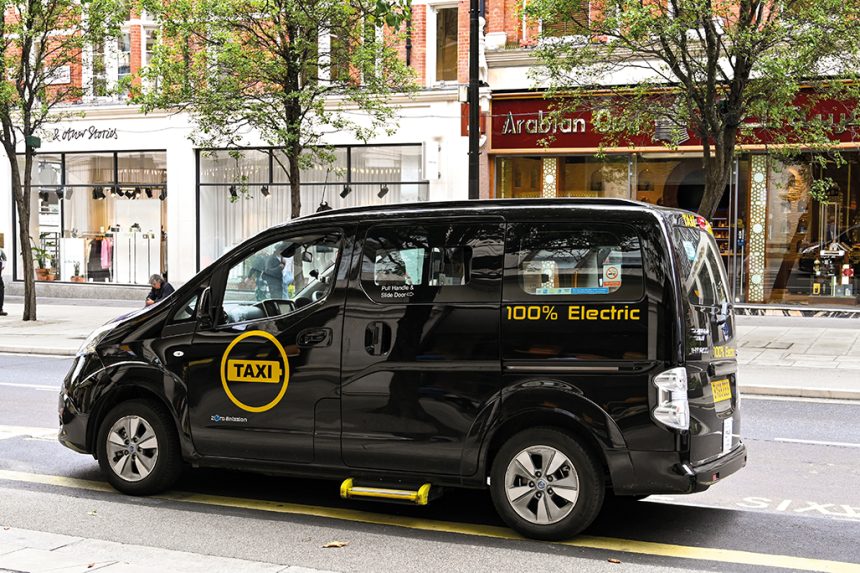The UK government has announced £120 million in new funding to promote zero-emission (ZE) vehicles, supporting businesses, fleets, and taxi operators in adopting electric vans, wheelchair-accessible taxis, and motorbikes. Yet, once again, the coach industry has been ignored. This continued exclusion raises serious concerns about how operators are expected to transition to cleaner vehicles without financial support.
Coaches play a vital role in reducing congestion, cutting emissions, and providing sustainable transport options. However, the government’s funding priorities consistently overlook this essential sector, making it harder for operators to invest in ZE technologies. Unlike buses, which have received substantial backing for electric and hydrogen alternatives, the coach industry is left to navigate the transition alone. This puts coach operators at a serious disadvantage compared to other transport sectors that benefit from government support.
One of the major challenges the coach industry faces in adopting ZE vehicles is the absence of a phase-out date for internal combustion engines in new coaches. Unlike other transport sectors, which have clear government-backed deadlines for phasing out fossil fuel-powered vehicles, the coach industry lacks such a target, leaving operators uncertain about future regulations and investment priorities. This ambiguity makes it difficult for operators to plan long-term, as they are unsure of when (or if) they will be required to transition their fleets fully to ZE vehicles.
Without access to funding, operators face significant barriers to adopting ZE vehicles. The cost of electric coaches remains high, and the lack of charging or refuelling infrastructure adds to the problem. Long-distance journeys for battery-electric coaches are not practical without sufficient charging infrastructure, as operators must ensure that charging points are available along key routes. Without an extensive and reliable charging network, operators cannot confidently schedule long-haul services, limiting the viability of battery-electric technology for many coach businesses.
Another critical concern is the significant reduction in luggage capacity for battery-electric coaches. The large battery packs required to power these vehicles take up space that would traditionally be used for passenger luggage, and that’s before operators even think about the equipment needed to comply with PSVAR. This presents a major issue for tour operators and long-distance services, where ample storage for baggage is essential. Without practical solutions, operators will find it difficult to offer the same level of service as with traditional diesel coaches.
Compounding these challenges is the uncertainty over which ZE technology will ultimately become the industry standard. While battery and hydrogen are the primary contenders, emerging innovations such as alternative fuels and hybrid solutions could shift the landscape in unexpected ways. This lack of clarity makes it even more difficult for operators to make confident investments in fleet upgrades, as they risk committing to a technology that may not be viable in the long term.
Hydrogen, while often considered a promising alternative to battery-electric power, has been slow to gain traction in the coach industry due to the high cost of production and distribution. The infrastructure for hydrogen refuelling remains sparse, and the energy-intensive process of producing green hydrogen — considered the most sustainable form — makes it significantly more expensive than traditional fuels. Without substantial investment in hydrogen production and refuelling stations, operators are unlikely to see it as a practical solution in the near future.
While none of this will be news to those in the industry, until the government provides clear direction on the preferred path for coach decarbonisation, operators will continue to struggle with uncertainty and hesitation. Its repeated neglect of the coach industry in ZE funding decisions is disheartening, and without much needed guidance and support, the transition to ZE coaches will remain challenging, and in many cases unviable.
If this issue isn’t addressed, and soon, the coach industry will be left behind in the broader move towards sustainability, despite its significant role in reducing emissions and congestion



























